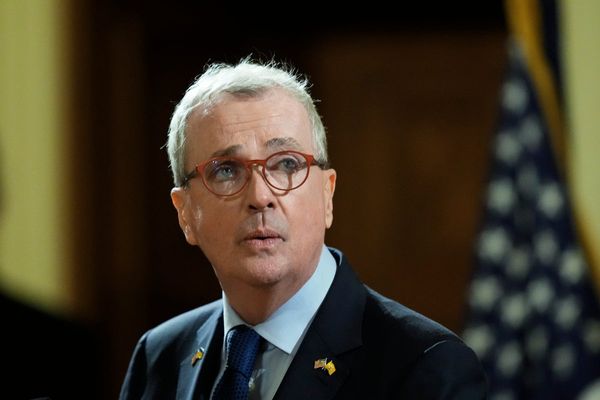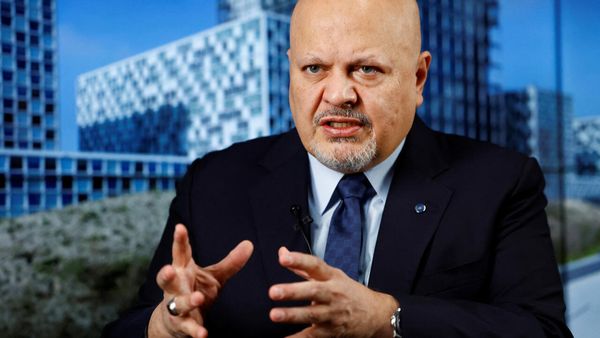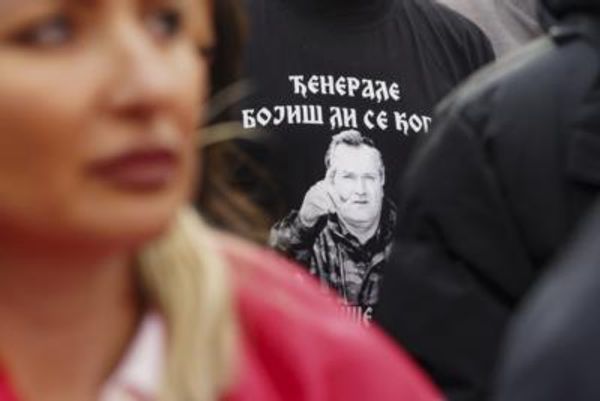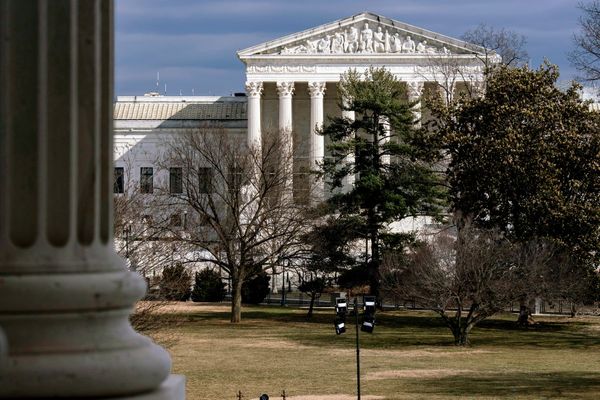
Rungarun Wichangern was lying on her bed, staring at her phone and hoping desperately for news, when she spotted the photo. An image had been shared on Facebook, showing 10 Thai workers who had been held hostage in Gaza for seven weeks, finally being driven to safety.
She felt sure her younger brother, 33-year-old Vetoon Phoome, who had been working on a farm close to Gaza, and was abducted on 7 October, was among those freed.
“In the picture, I could only see the side of his face, but I could recognise his expression, his eyes. When I zoomed in, I thought – I think this is my brother,” she said. “My hand was shivering. I had hope again”. Then, she saw a video clip, filmed too far away to see the faces properly, but she recognised the way he walked. “This is literally my brother … I recognised him right away,” she said.
Rungarun called her parents at 11pm. Crying and overcome with joy, they could hardly believe her and kept asking: “Are you sure this is our son? Is it true or not?”. By 6am, the Thai authorities had called to confirm it was true. A clerk from the farm where Vetoon had worked drove four hours to the Shamir Medical Center, where the group of hostages has been taken, and Rungarun was able to speak to him on video call. He was fine, he had not been tortured, he said, and smiled at her down the camera.

Nobody in Vetoon’s family, who live in Nong Bua Lamphu province, in north eastern Thailand, was able to sleep until the early hours, she said. Nor have they been able to rest very much over recent weeks. He, and other Thai hostages released, will be kept under medical supervision for 48 hours before they can return home, according to the Thai authorities, who have not yet named a date for their repatriation.
For others, the painful wait for news continues. On Saturday Thailand’s ministry of foreign affairs said there were now believed to be 20 Thai nationals who were still being held in Gaza – an increase on previous estimates. This is because four of the people released on Friday had not previously been confirmed as hostages.
Before the war, 30,000 Thai workers were employed in Israel, with about 5,000 working in areas close to the Gaza Strip, propping up the country’s agriculture industry. Many Thais move from poorer, rural areas of Thailand to work in Israel, where the wages are much higher, and they make up the biggest group of foreigners killed or missing in the Hamas attacks.
Rungarun was initially told her brother, who worked on a potato and pomegranate farm, had been killed in the attacks on 7 October. For the first two weeks she could not stop crying, she said. She had hoped that, at least, his body could be returned home. Vetoon’s DNA was never found among those killed at his camp. Their father did not give up hope, she said, and was sure his son’s body was not among images of victims. “He was the most happy person in the family too when he heard the news,” she said.
When Rungarun spoke to her brother briefly over video call, he told her he had had worked late the night before the 7 October attack happened, and so had been sleeping in his room when Hamas raided his camp. He heard a loud noise, and the sound of gunfire outside. “Some guy came [and said] don’t shoot him, he’s come from Thailand,” Rungarun said. Something was placed over his eyes and he was driven away. He said he was held in tunnels underground.
Vetoon had lived in Israel for almost five years, and had been planning to return to Thailand as his contract was recently completed, Rungarun said. He had moved there to save up money for his future, and, like many Thais living in Israel, would send part of his salary home to his mother. Before the attack, he had said he wanted to return again to Israel in the future and his boss had really liked him and wanted him to come back, she added.
His boss was killed in the attack, she said.
Another colleague from the same camp, Wichai Kalapat, was released alongside Vetoon, according to Rungarun and local media reports.
The Thai authorities have promised that they will expedite Vetoon and others’ return to Thailand, once they are free to leave hospital. Rungarun said they plan to hold a traditional ceremony, known as Baci Su Kwan, where a white thread is tied around a person’s wrist to invoke harmony and restore the spirit, to celebrate his return home.
Rungarun said she wanted thanked the Israeli clerk who worked on her brother’s farm, and who has stayed in touch with her throughout the ordeal.
She hopes all other people who are still being held will be released soon. “I understand the feeling,” she said. “I understand the worry of being a relative who is waiting for their loved one.”







